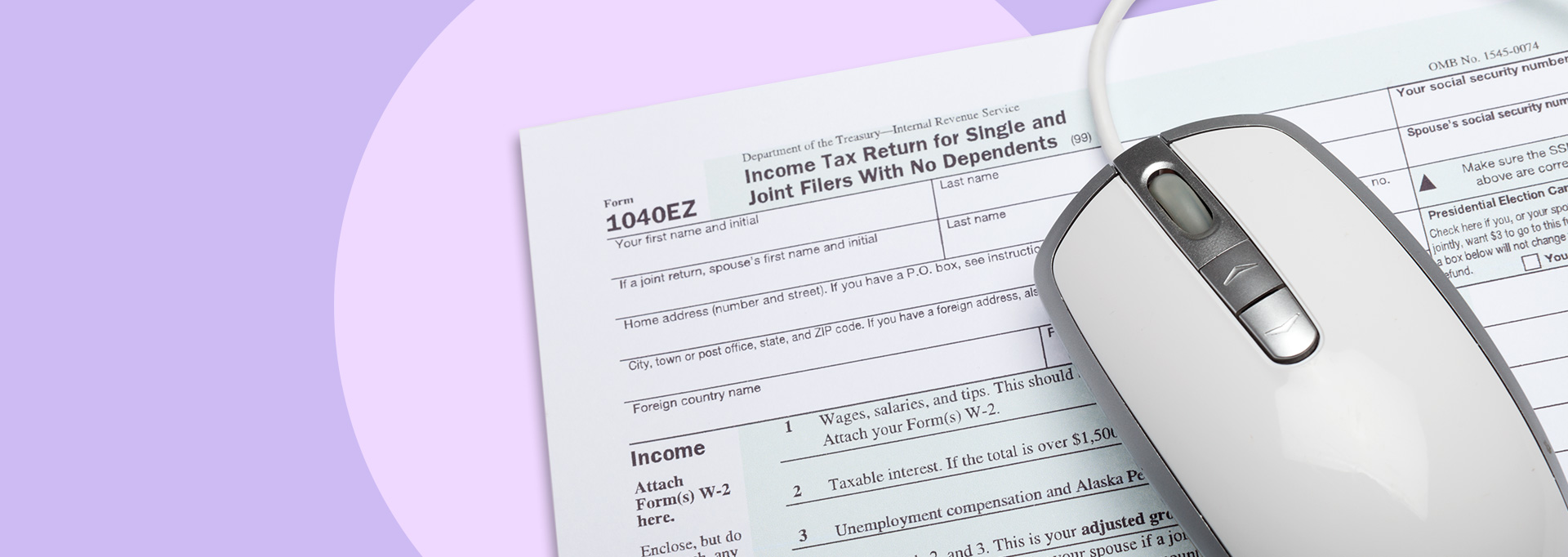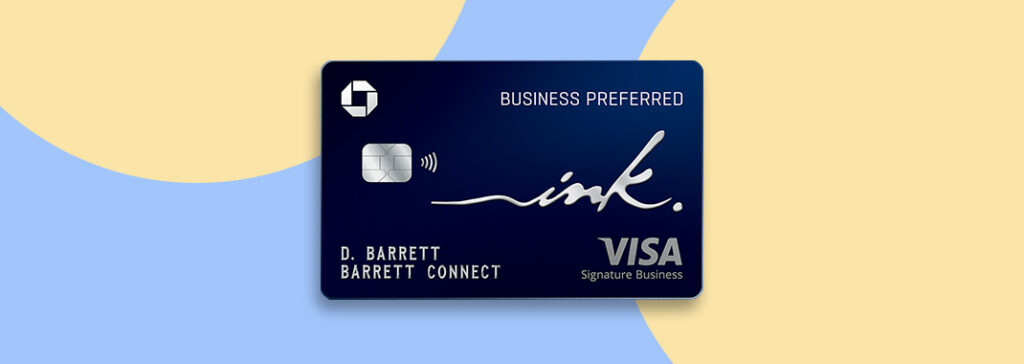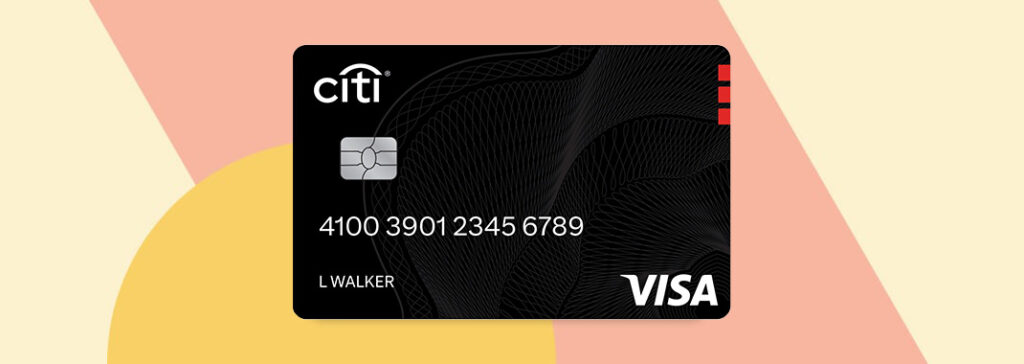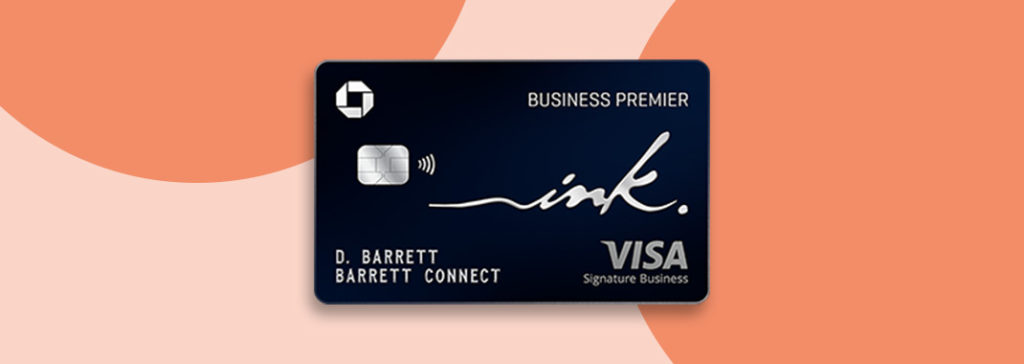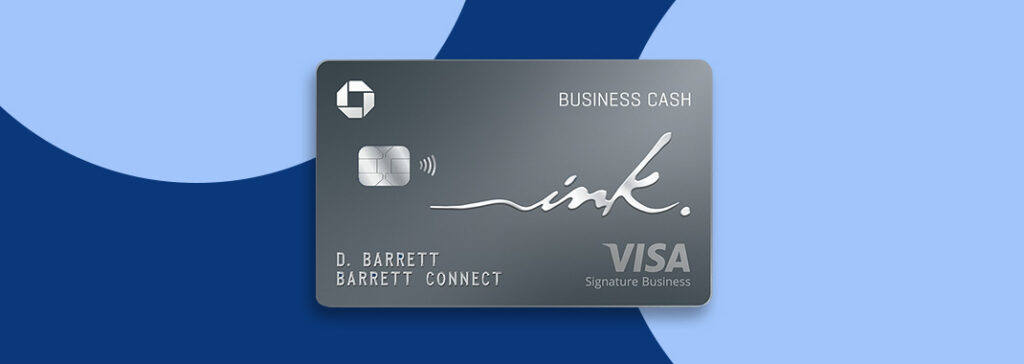Most products on this page are from partners who may compensate us. This may influence which products we write about and where and how they appear on the page. However, opinions expressed here are the author's alone, not those of any bank, credit card issuer, airline or hotel chain. Non-Monetized. The information related to Chase credit cards was collected by Slickdeals and has not been reviewed or provided by the issuer of these products. Product details may vary. Please see issuer website for current information. Slickdeals does not receive commission for these products/cards.
The end of the year can be a busy time full of holiday gatherings with family and friends. Yet amid the hustle and bustle of December, it’s also important to carve out some space for another important item on your to-do list: tax planning.
Actions you take before the end of the year could set you up for a smoother tax filing process and save you money in the upcoming spring. Below are five last-minute tax moves you may want to consider.
1. Defer Income
The IRS and your state tax agency will assess taxes based on the in
As an hourly or sala
Keep in mind that putting off a portion of your income until the following year could also have consequences. For example, it’s important to make sure that earning “extra” income in the upcoming year won’t move you to a higher income tax bracket. Otherwise, you could wind
2. Maximize Retirement Contributions
Another possible way to reduce your taxable income for this year is to in
If you want to take advantage of the tax benefits that these types of retirement savings accounts have to offer, however, it’s important to understand their rules and restrictions.
- The deadline fo
r 401(k) contributions is December 31 - 401(k) contribution limit for
2023 is $22 ,500 - IRA contribution limit for 20
23 is $6, 500
Other restrictions may apply. You can review additional guidelines on the IRS website.
Depending on your tax situation, you may also want to consult with a tax advisor, a financial advisor, or both. The retirement contribution choices you make now can have long-term consequences when it comes to your finances.
For example, maxing out retirement contributions could help you bump up the potential savings on this year’s taxes. But it also means that you’re deciding not to access that cash until you retire. If you attempt to remove money from an IRA or 401(k) before you’re 59 and ½, you may have to pay an ear
Furthermore, you might want to consider investing in a Roth IRA instead of (or in addition to) a traditional IRA. A Ro

What To Do If You’re Worried About Your 401(k) Losing Money
3. Consider a Roth Conversion
Another move you might want to think about before the end of the year is whether it makes sense to convert a traditional retirement account (e.g., a 401(k) or traditional IRA) to a Roth IRA. A Roth c
When you perform a Roth conversion, you move funds out of a tax-advantaged retirement account. As a result, you’ll have to pay taxes on the money you convert now. But with a Roth IRA, you don’t pay money on your investment (or any growth that may occur) when you withdraw those funds during your future retirement years — at age 59 and ½ or older. If all goes well, that tax-free growth has the potential to save you a lot of money in the long run.
However, it’s wise to consult with a tax professional and financial advisor before you move forward with a Roth conversion. Moving money out of a tax-advantaged retirement account c
4. Use Your Flexible Spending Account
A flexible spending account (FSA) is a special type of savings account you can use to pay for eligible healthcare expenses — tax free. You d
If you use an FSA, your employer may
Rules vary by employer, but it’s common for any leftover cash in your FSA account not to roll over to the next year when January arrives. So, it’s important to use the money to your benefit rather than miss out on this benefit.
If you’re not sure how to use up your FSA money before the end of the year, here are a few ideas for inspiration.
- Dental checkup or procedures
- Vision checkup or supplies (e.g., glasses, contacts, etc.)
- Health screenings
- Mental health support
- Eligible over-the-counter medicine and supplies
5. Contribute to a Health Savings Account
Assuming you already have one, contributing cash to a health savings account (HSA) could be another way to reduce your taxable income before the end of the year. You can use this type of account to sa
It’s important to note that HSAs only work alongside HSA-eligible health plans. These types of healthcare pl
On a positive note, the funds you contribute in an HSA can rol
Bottom Line
Whether you plan to do your own taxes for the year or hire someone to prepare your tax return on your behalf, it’s smart to set yourself up to save as much money as possible. Of course, all of the year-end strategies above might not apply to your specific tax situation. But it’s still a good idea to consider the list to make sure you’re not missing out on any potential savings opportunities.
